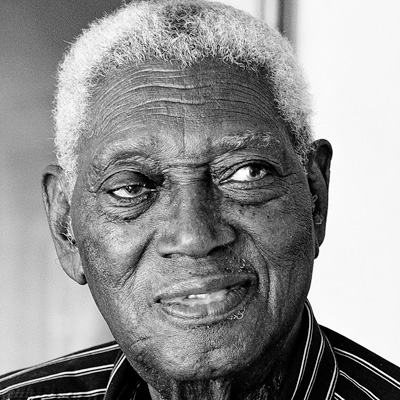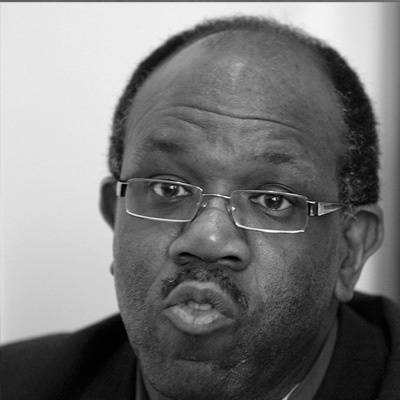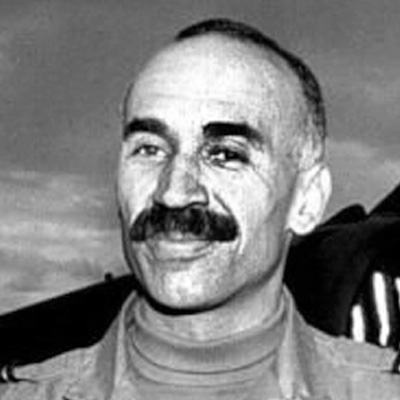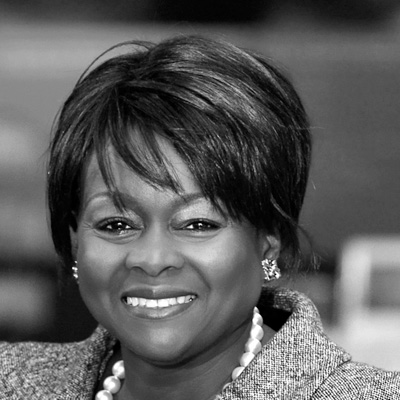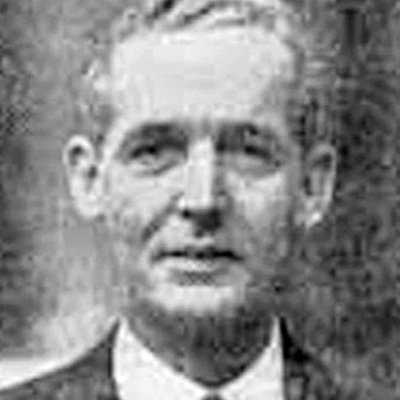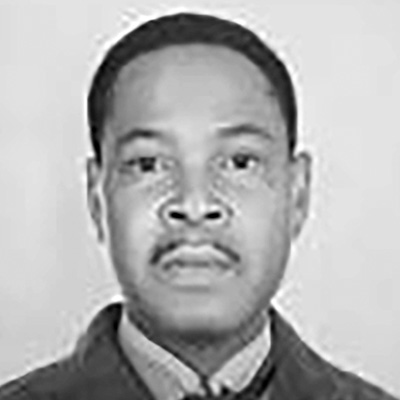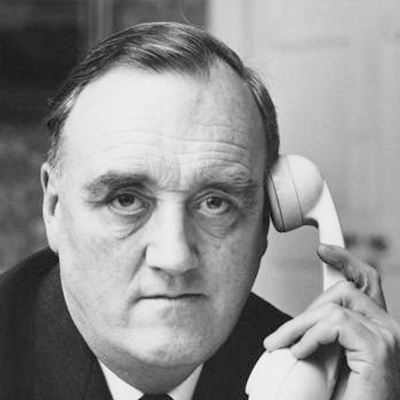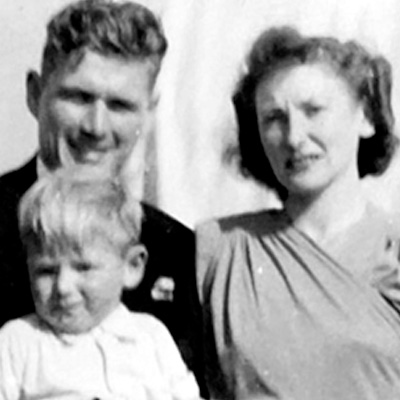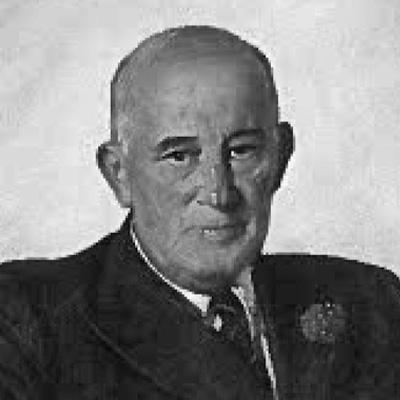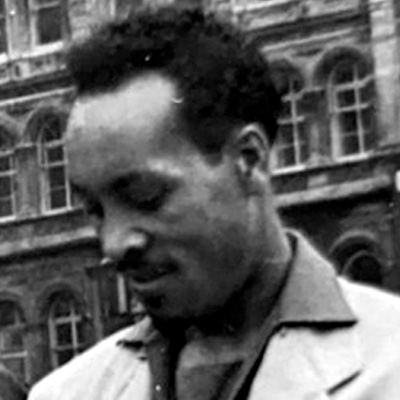Lloyd Hylton
PIONEERS
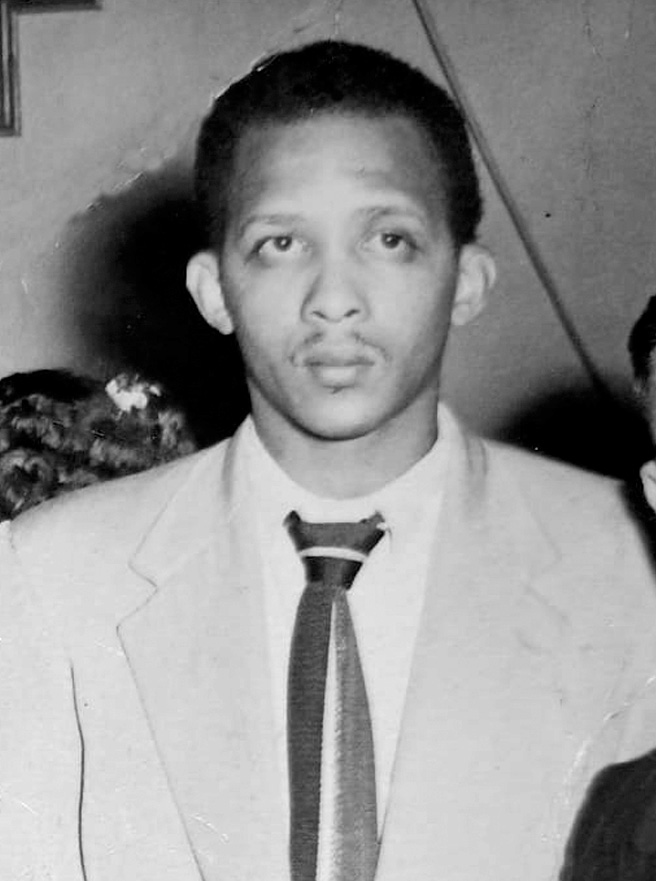
‘After cold start, newcomer quickly became an old hand’
1924 - 2007
Share this:
Jamaican-born Lloyd Hylton spent his first night in England at the Clapham South Deep Shelter in London where he was treated to a traditional meal of roast beef, potatoes, vegetables, and Yorkshire pudding, followed by suet pudding with currants and custard and a cup of tea.
Although Empire Windrush records show that the 23-year-old, along with five other passengers, had given an address in Wickham Road in Lewisham, south London, as his final destination, he headed for the former air raid shelter that the government had set aside as temporary accommodation for passengers.
But a few days later, The Gleaner newspaper reported that Lloyd – mistakenly referred to as ‘Lord’ – was among those West Indians who found the English summer so cold that they spent hours travelling on the London Underground trains to stay warm.
Born on July 19, 1924, in Foster Lane, downtown Kingston, to Adina Meats, a domestic servant, Lloyd McDonald Hylton had £14 in his wallet when he left Jamaica in 1948. England represented the chance to find the sort of well- paid work that was not available to him in Jamaica. After visiting the local Labour Exchange, he ended up being bussed to the Midlands where there were plenty of jobs on offer. This time accommodation was provided in an army barracks.
In due course, Lloyd moved to Birmingham where he settled in the Cannon Hill Park area. His home at 17 Cannon Hill Road became a meeting point for other West Indians, a haven they could go to for advice, support, and lifelong friendship.
Lloyd had a variety of jobs and was the perfect example of the old saying that in those days you could leave one job at 9.00 am and find another by midday.
He worked on the railways and on building sites, helping repair the damage caused by bombing during the Second World War. He was also employed by auto-makers Austin, military manufacturers Birmingham Small Arms, and the GPO (later British Telecom).
Lloyd was a Birmingham City season ticket holder and sold lottery tickets for the club. In those days, Black faces at football games were rare and the team itself did not field its first Black player until 1982.
Lloyd married Phyllis Barnes in Birmingham in 1966. They had two sons, Leon and Howard. When Adina passed away in Kingston in 1983 aged 100, her devoted son had a memorial for her published in The Gleaner, using the nickname she called him, ‘Boddy’. Lloyd died aged 82 on February 26, 2007, in Birmingham and is buried in the city’s Brandwood End Cemetery.
Lloyd’s life inspired his nephew, Horace Barnes, to set up the Why Are West Indians in this Country (WAWI) project, which seeks to highlight the contribution West Indians have made to Britain. In this way, Lloyd’s memory lives on.

Share this:

